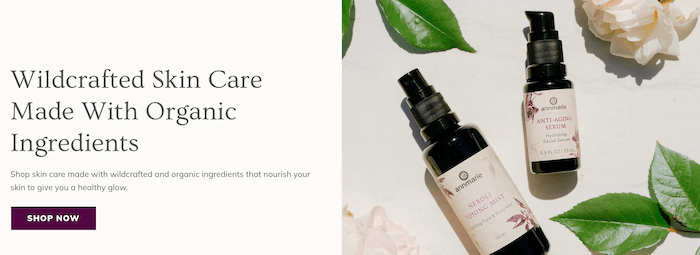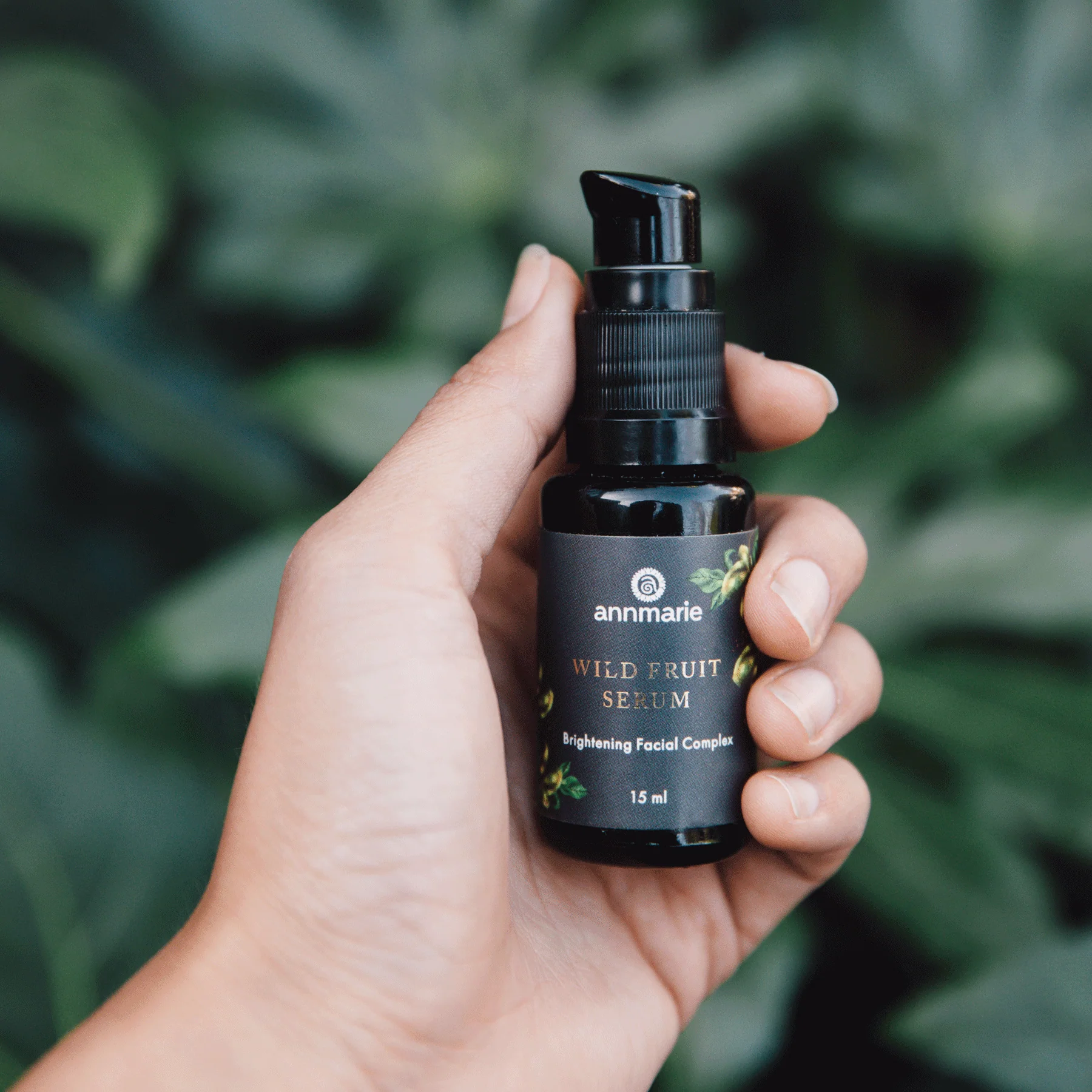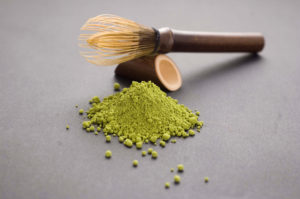Aging is an inevitable part of life, but with the right preventative measures, you can slow down the effects of time on your skin. Vitamin C is one of the most important nutrients to protect our skin from aging and environmental damage. Whether used topically or ingested, it is a powerful skin rejuvenation nutrient that can help reduce wrinkles, brighten skin tone, and protect against environmental stressors.
Let’s look at the role Vitamin C plays in preventing skin aging and the best ways to incorporate it into your skincare routine. With the right approach to skincare, this powerful vitamin can help fight the effects of time and keep our skin looking healthy and vibrant.
It Is a Powerful Antioxidant
Free radicals are the enemy of youthful skin. They are molecules produced by everyday cell processes, but they can also be caused by environmental factors like pollution and smoking.
Free radicals have a negative charge and seek out other molecules to pair with, which can cause damage to DNA and cell membranes. They also contribute to inflammation, cell aging, cardiovascular disease, and cancer.
Vitamin C helps counter some negative effects of sun exposure. Ultraviolet light (UV) can produce free radicals, which are unstable molecules that can damage cells. The damage caused by free radicals to the skin can cause wrinkles and other signs of skin aging. UV radiation also breaks down the collagen and elastin fibers in the skin, which are responsible for skin elasticity and firmness.
Antioxidants, like vitamin C, neutralize these harmful molecules so they can’t react with other cells or tissues (or make them more reactive). The most common antioxidants include vitamins A, C, and E; selenium; glutathione, coenzyme Q10 (CoQ10); melatonin; uric acid; flavonoids such as anthocyanins found in blueberries or resveratrol found in red wine.
All these nutrients work together as a team to decrease oxidative stress on our cells from free radicals. When you consume vitamin C-rich foods, you supply your body with more oxidative stress-fighting power.
You Need Vitamin C for Healthy Collagen Production
Vitamin C is essential for collagen production, a protein that helps form skin, ligaments, tendons, and cartilage. Collagen is the most abundant protein in the body and provides structure and strength to tissues, including your skin.
Without enough vitamin C, the underlying collagen structure that keeps your skin firm and youthful will break down. The recommended daily intake of vitamin C for adults is 90 mg. You can get this amount from various fruits and vegetables, especially citrus fruits like oranges and grapefruit — a cup of orange juice contains about 120 mg of vitamin C. Fruits such as strawberries, kiwi, cantaloupe, and papaya are also a good source of this vitamin.

Topical Vitamin C
It’s essential to get enough vitamin C through diet, but topical vitamin C also has benefits. Applying a vitamin C serum or cream to the skin can help reduce the oxidative stress and inflammation that contribute to wrinkles, sagging skin, and age spots. As Harvard Health points out, topical vitamin C in combination with sunscreen helps protect skin against the damaging effects of the sun.
What about those ugly areas of dark pigmentation? One of the most common skin problems related to aging is age spots, also known as sunspots, which are extra pigments that show up as brown or black spots on your skin. Aging and sun exposure causes them, and typically show up on the face, hands, shoulders, arms, and other areas of the body exposed to the sun.
Vitamin C can also help improve the appearance of existing age spots and hyperpigmentation, helping lighten the pigment over time. With regular use, topical vitamin C can help keep your skin looking youthful and vibrant for longer. Studies show that topical vitamin C can improve fine lines and wrinkles that become more common with age.

Choosing Topical Vitamin C
Getting more dietary vitamin C is simple. Consume more fruits and vegetables, particularly raw ones. Light and heat destroy vitamin C, so raw produce is best. But what about topical vitamin C? It, too, breaks down when you expose it to light.
Choosing a topical vitamin C serum can be a daunting task. It is important to consider the specific needs of your skin and the ingredients that will best meet them.
Start by looking for a serum that contains natural and organic ingredients, as these will be gentler on the skin. Pay attention to the concentration which should be between 10-20% for maximal benefits.
Avoid serums with fragrances, parabens, and other synthetic ingredients. Additionally, look for serums that include other antioxidants, such as ferulic acid and vitamin E, as these can help boost the effectiveness of the vitamin C serum.
Buy From a Reputable Company
Finally, read the reviews and research the company to ensure the topical product you choose is high quality. With the right research, you can confidently select a topical vitamin C serum that will provide your skin with the nourishment and protection it needs.

Store your serum in a cool, dry place, away from direct sunlight and other heat sources. Shake the container or bottle before opening it, as vitamin C can settle at the bottom. Finally, always check the expiration date of the product before using it. Don’t use it after its expiration date to avoid loss of potency. Vitamin C quickly breaks down in the presence of heat or light.
Conclusion
Vitamin C is a powerful antioxidant that can help protect your skin from UV radiation and slow the signs of aging. It’s also an important component in collagen production, which keeps your skin firm and smooth. Make sure you’re consuming enough dietary vitamin C, but also consider using it topically to keep your skin looking youthful.
References:
“Vitamin C – Health Professional Fact Sheet – National Institutes of Health.” https://ods.od.nih.gov/factsheets/vitaminC-HealthProfessional/.
“Why is topical vitamin C important for skin health?.” 10 Nov. 2021, .health.harvard.edu/blog/why-is-topical-vitamin-c-important-for-skin-health-202111102635.
Pullar JM, Carr AC, Vissers MCM. The Roles of Vitamin C in Skin Health. Nutrients. 2017 Aug 12;9(8):866. doi: 10.3390/nu9080866. PMID: 28805671; PMCID: PMC5579659.
YOU MAY ALSO LIKE:
RAW VEGAN AVOCADO CHOCOLATE MOUSSE CAKE
This decadent, raw, vegan cake is sure to please anyone. It’s raw, organic, and gluten-free! All the ingredients are excellent sources…
SUMMER SKINCARE ROUTINE: 5 SAVVY STRATEGIES BACKED BY SCIENCE
Summer is the perfect time to show your skin some natural love in the fresh breezes and warm sunshine. Knowing how…
RAW GOJI BERRY COCONUT PUDDING
Tired of the same old, boring desserts? This raw coconut and goji berry pudding will change everything! Made with honey instead…
PITTA BALANCING VEGGIES
In Ayurveda, summer is known as Pitta season. Those people whose primary constitution is Pitta will be the ones who will most strongly experience the…
IS MORINGA REALLY A “MIRACLE TREE”?
Moringa Oleifera is one of the most commonly cultivated species of the Moringaceae family. It’s also known as the drumstick tree…
6 MORNING EXERCISES TO KICK START YOUR DAY
By Kevin Jones Physical activity is among one of the most important aspects of our lives and yet so widely taken…








